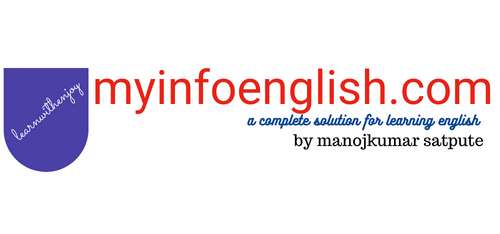Importance of Adjectives in English Language Adjectives play a crucial role in enriching the English language by adding depth, color, and vividness to our communication. They provide detailed information about nouns, helping to create a more precise mental image for the listener or reader. By using adjectives, you can evoke specific emotions, convey subtle nuances, and paint a more vibrant picture of the world around you. Whether you’re describing a breathtaking sunset, a delectable meal, or a captivating story, adjectives are the key to immersing your audience in the experience. Understanding Adjectives and Their Functions Adjectives are words that modify or describe nouns and pronouns. Their primary function is to provide more information about the noun or pronoun they are modifying. This additional information can include color, size, shape, age, material, origin, and more. Understanding how adjectives function in a sentence is essential for building clear and engaging descriptions. With the right adjectives, you can transform a simple sentence into a captivating narrative, captivating your readers or listeners with vivid imagery and sensory details. Types of Adjectives and How to Use Them Effectively There are several types of adjectives, each serving a distinct purpose in English language. These include descriptive adjectives, demonstrative adjectives, interrogative adjectives, and more. Descriptive adjectives provide specific details about a noun, while demonstrative adjectives indicate which noun is being referred to. Interrogative adjectives are used to ask questions about a noun, and so on. Learning how to use these types of adjectives effectively allows you to express yourself more precisely and vividly, making your communication more engaging and impactful.
The Power of Descriptive Adjectives in Writing
Ever wonder why some stories captivate your senses, whisking you away to realms unknown, while others fall flat? The answer often lies in the careful choice of adjectives. These descriptor dynamos have the power to paint vivid pictures in the minds of readers, pulling them deeper into your crafted worlds. Adjectives add flavor and intensity to your narratives, transforming mundane sentences into enchanting encounters. They help you capture not just the visual splendor but also the subtle textures, aromas, and sounds that make a scene pulse with life. When used skillfully, adjectives work like the stroke of an artist’s brush, adding depth and emotion to your storytelling canvas, ensuring your message not only reaches but also resonates with your audience.
Tips for Improving Adjective Use in Daily Communication
To elevate your daily conversation with the sparkle of adjectives, start by expanding your vocabulary. Dive into thesauruses and read voraciously. Note down new and evocative adjectives and practice deploying them in your everyday dialogue. Be mindful of the context; selecting the right adjective is like choosing the perfect seasoning—a dash can enhance but too much can overpower. Aim for precision; an accurate adjective serves not just as decoration but as an anchor for clarity. Engage in active conversations, which are the practice fields for language skills. Listen to others, observe their use of descriptive terms, and mimic strategies that make their speech engaging. Remember, the goal is effective communication, not just ornamental language.
Practice Exercises for Mastering Adjectives
Sharpening your adjective acumen requires regular practice. Begin with writing exercises that focus on describing objects, places, or experiences using specific, sensory-oriented adjectives. For example, challenge yourself to write detailed descriptions of a familiar room; how does it look, feel, smell, or even sound? Engage with interactive online quizzes or flashcards to test your adjective know-how. Additionally, construct sentences using adjectives you’re less familiar with to gain comfort and fluency. Consider joining workshops or language learning groups, such as those offered by Myinfoenglish, where you can engage in adjective-laden storytelling exercises under the guidance of experienced tutors. Above all, be patient; language skills blossom over time with consistent and joyful practice.
Recommended Resources for Further Learning
1. Online Thesaurus and Dictionary:
Expand your vocabulary and find the perfect adjectives to describe the world around you. Online resources like Thesaurus.com and Merriam-Webster.com provide extensive lists of adjectives, synonyms, and antonyms to enhance your descriptive writing skills.
2. Literature and Fiction Books:
Immerse yourself in well-crafted narratives that showcase the power of descriptive adjectives. Reading classic and contemporary literature exposes you to a wide range of adjectives used in context, helping you understand their nuances and applications in writing.
3. Writing Workshops and Classes:
Join writing workshops or enroll in creative writing classes to refine your descriptive writing abilities. Professional guidance and constructive feedback can elevate your adjective usage, allowing you to paint vivid pictures with words.
4. Language Learning Apps:
Explore language learning apps that focus on vocabulary expansion. Apps like Duolingo, Babbel, and Memrise offer interactive exercises specifically tailored to enhance your adjective knowledge in a fun and engaging way.
5. Educational Websites and Blogs:
Discover educational websites and blogs that delve into the art of descriptive writing. MyInfoEnglish.com, Grammarly, and The Writer’s Cookbook are valuable platforms that provide insightful articles and exercises to strengthen your adjectival arsenal.

